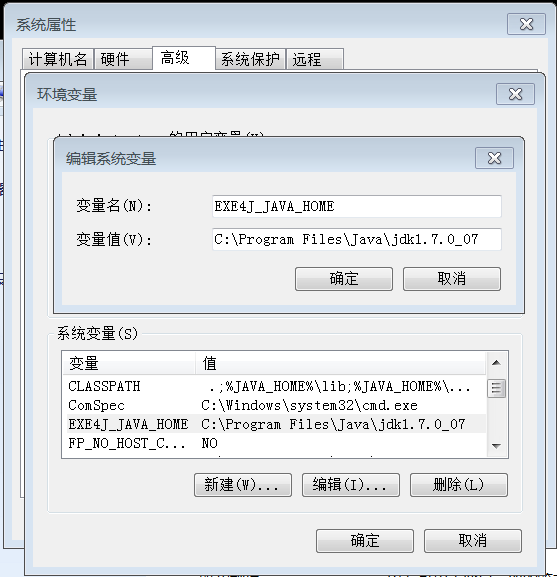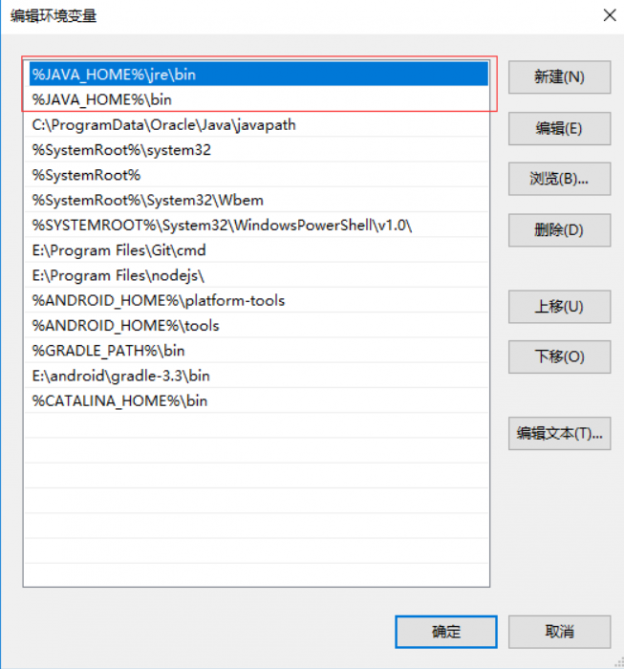

- #Jdiskreport could not find java se runtime mac os x
- #Jdiskreport could not find java se runtime zip file
- #Jdiskreport could not find java se runtime full
- #Jdiskreport could not find java se runtime software

Suspicious classes: No suspicious classes found.

Java VM Version: Java HotSpot(TM) 64-Bit Server VM (mixed mode), Oracle Corporation Java Version: 1.7.0_09, Oracle Corporation
#Jdiskreport could not find java se runtime mac os x
Operating System: Mac OS X (x86_64) version 10.8.2 Please show that file to Mojang, NOT just this screen! Users/scott/Library/Application Support/minecraft/crash-reports/crash-_10.25.30-client.txt
#Jdiskreport could not find java se runtime full
Minecraft has stopped running because it encountered a problem Failed to start gameĪ full error report has been saved to /Users/scott/Library/Application Support/minecraft/crash-reports/crash-_10.25.30-client.txt - Please include a copy of that file (Not this screen!) if you report this crash to anyone without it, they will not be able to help fix the crash :( But after minecraft updated itself, I got this error: Minecraft has crashed! UPDATE: I did the Show Package Contents for minecraft and ran the JavaLauncher on the jar file, seemed to work. Java HotSpot(TM) 64-Bit Server VM (build 20.12-b01-434, mixed mode) Is it some issue with Mountain Lion? I have Java installed with versions as follows: $ java -version I've downloaded it several times and 2 other unzipping tools don't complain. "Minecraft" is damaged and can't be opened. Double clicked on the icon and it tells me,
#Jdiskreport could not find java se runtime zip file
I downloaded the zip file (link here) from and unzipped it. Perhaps one of JDiskReport's frequent updates will answer our concerns.I'm trying to run Minecraft on Mac OS X Mountain Lion.
#Jdiskreport could not find java se runtime software
On the other hand, we can't very well recommend software that might give significant numbers of users some headaches. On the one hand, we really like JDiskReport's data displays. At any rate, the difficulties we experienced with what should have been a very simple tool leave us in a quandary. The documentation makes no mention of an issue with 64-bit systems, so it may be a Java-related issue. Although the program showed up in context menus, clicking the entry produced an Application Not Found error message. We were also unable to open JDiskReport from inside Windows shell context menus.

We had some issues when installing and running JDiskReport in 64-bit Windows 7, which seemed to be related to the location of the Java file an issue that persisted when reopening the program. The Options include Look & Feel, Filters, and Commands. We could change the views from file size to numbers, sort by size and name, and copy the table to the clipboard from the View menu. dlls than any other file type 11.5GB of them. All the views are useful under Types, we learned our system had more. Some displayed pie charts and others bar graphs, but each offered a series of icons along the bottom of the main window for switching between several chart, graph, and list styles, except the Top 50 list view, which switches between Largest, Oldest, and Newest. JDiskReport displays a folder tree view in the left-hand panel and five tabs in the main window: Size, Top 50, Size Distribution, Modified, and Types. JDiskReport starts by scanning either a selected tree directory or your C drive we chose the latter. To use it, you must have an up-to-date version of Java installed, but of course that's free. You can display data in different views and rapidly switch between them. JDiskReport is a free Java-based tool that displays the size, capacity, free space, and other parameters of your files, folders, and directories.


 0 kommentar(er)
0 kommentar(er)
